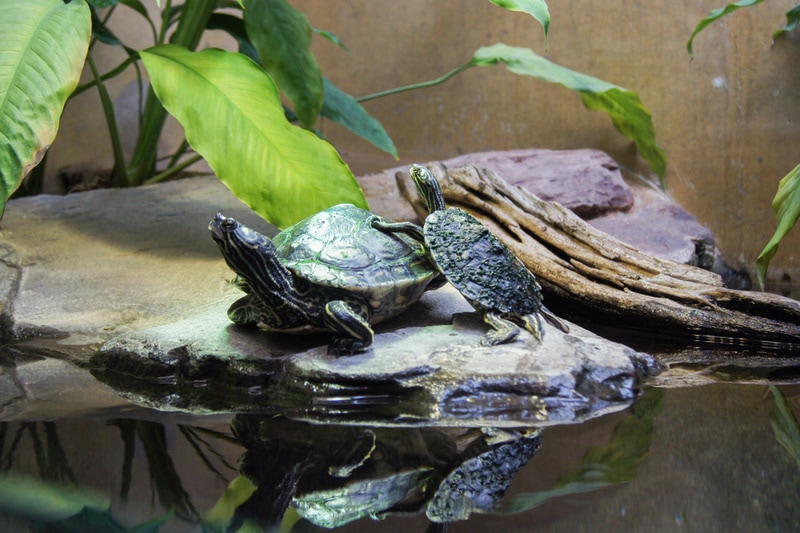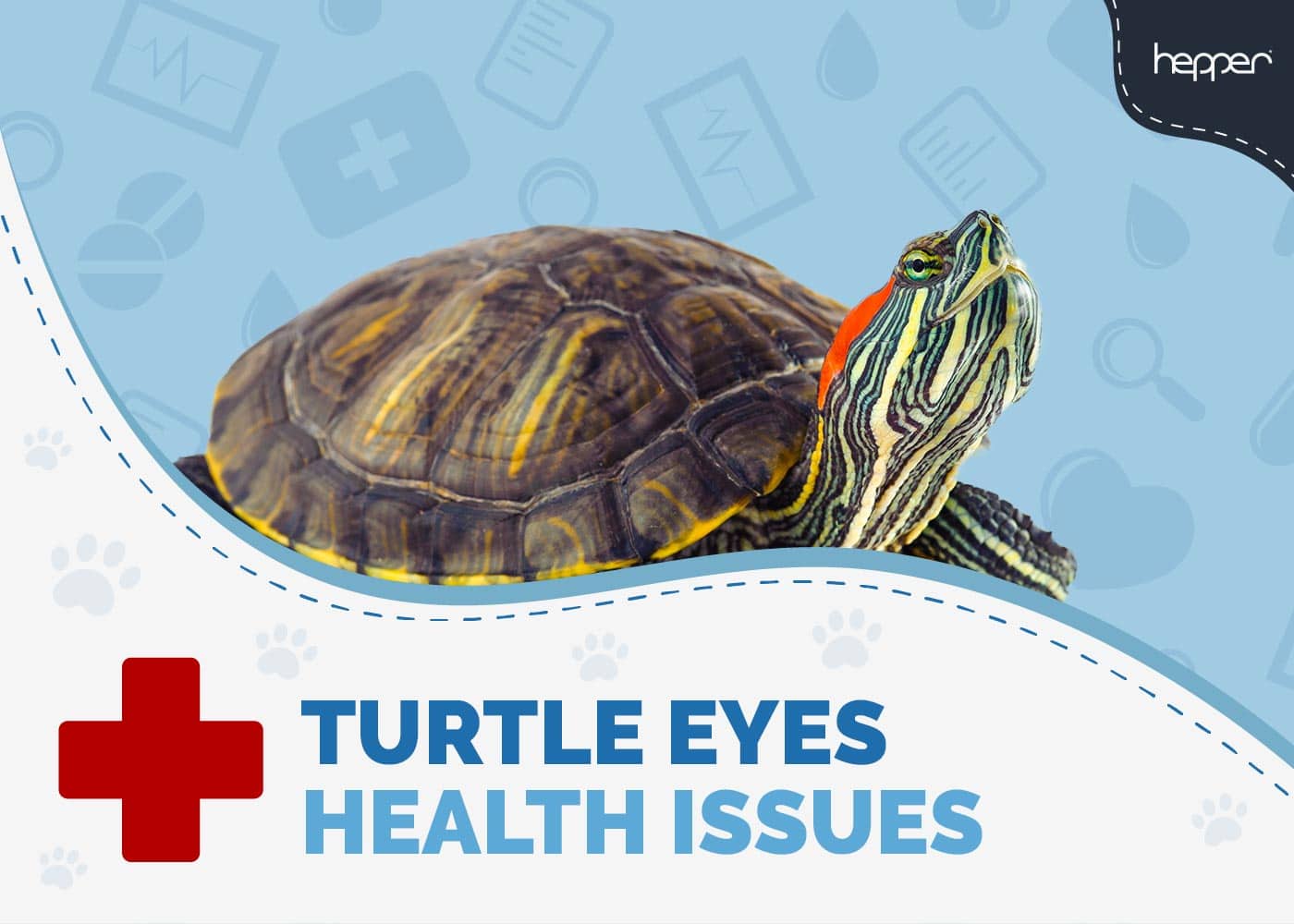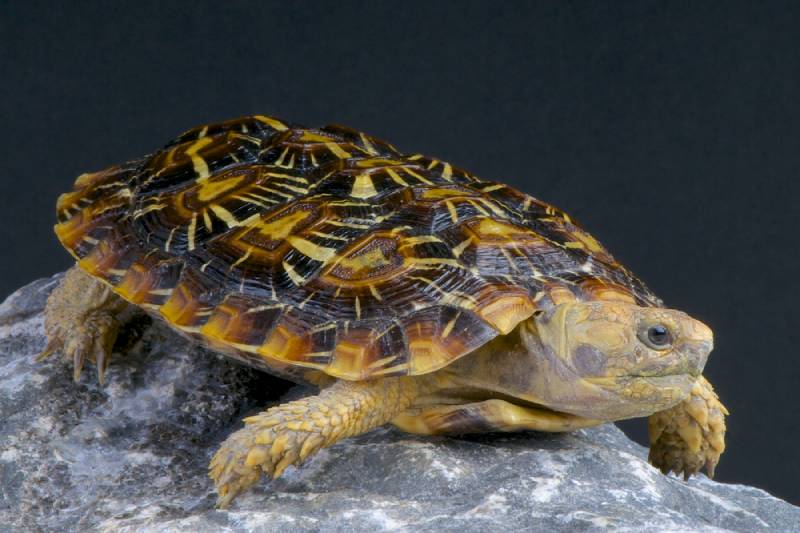Can Tortoises Eat Spinach? Nutrition Facts & FAQ
Updated on

Click to Skip Ahead
Spinach is a healthy, leafy vegetable full of various vitamins and minerals. If you’re a tortoise owner, you know that they thrive on leafy, green vegetables, but you may have heard mixed things about feeding spinach to tortoises.
Spinach is not toxic to tortoises, but it’s generally recommended to only give them a small amount on occasion. Some tortoise keepers prefer to or to err on the side of caution and not give them any.
Let’s get into more detail about the beneficial and harmful effects of spinach on tortoises and what other foods to avoid.
Why Spinach Is Potentially Unsafe for Tortoises
Spinach is high in fiber and a rich source of several vitamins and minerals, including vitamins A, C, and K1, folic acid, iron, and calcium. However, it is also high in oxalate acid, which is an issue for tortoises. The oxalate in spinach binds to the calcium in the tortoise’s system, which prevents the body from absorbing it. This can be concerning for this reptile, given that they need careful calcium balance to maintain a healthy shell and bones.
Spinach also contains goitrogens which interfere with the absorption of iodine. Iodine is needed by the thyroid gland for proper control of metabolic rate. Feeding too much spinach could result in an enlarged thyroid gland, a goiter.
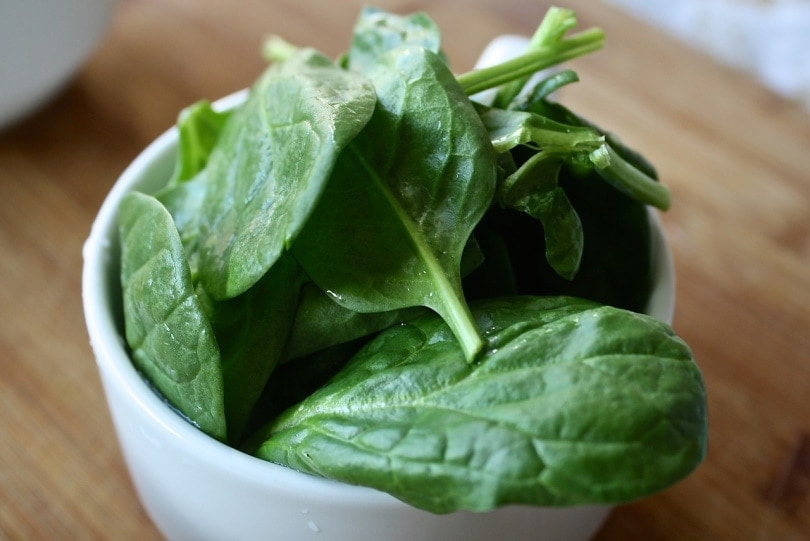
Other Foods That Have Oxalates
One cup of raw spinach contains 656 milligrams of oxalates.
- Potatoes
- Okra
- Leeks
- Swiss chard
- Beets
- Berries
- Kiwis
- Purple grapes
- Figs
Fortunately, most of these aren’t a regular part of a tortoise’s diet.
Feeding Your Tortoise
What you feed your tortoise does depend on the species. But generally, here is what can be given to most popular tortoise species kept as pets:
- Russian Tortoise: Dark, leafy greens like romaine lettuce, carrot tops, kale, mustard, and collard greens, as well as bell peppers, carrots, hay, and grass.
- Mediterranean Tortoise:Leafy greens, dandelions, chickweed, plantains, and sow thistles
- Red-Footed Tortoise: Predominantly leafy greens, vegetables, hay, and occasional fruit and protein, such as earthworms
- Indian Star Tortoise:Collard greens, Bermuda grass, fescue, rye, zucchini, carrots, turnip greens, and bell peppers
- Leopard Tortoise:Dark, leafy greens, grasses, hay, dandelion, sow thistle, and green herbs as occasional treats
- African Spurred Tortoise/Sulcata Tortoise:Leafy greens, grasses, hibiscus flowers, and grape leaves
Tortoises are primarily herbivorous but there are omnivorous species, you’ll need to research your species of tortoise in order to know how to feed them a suitable diet. Even better, speak to your exotics veterinarian.
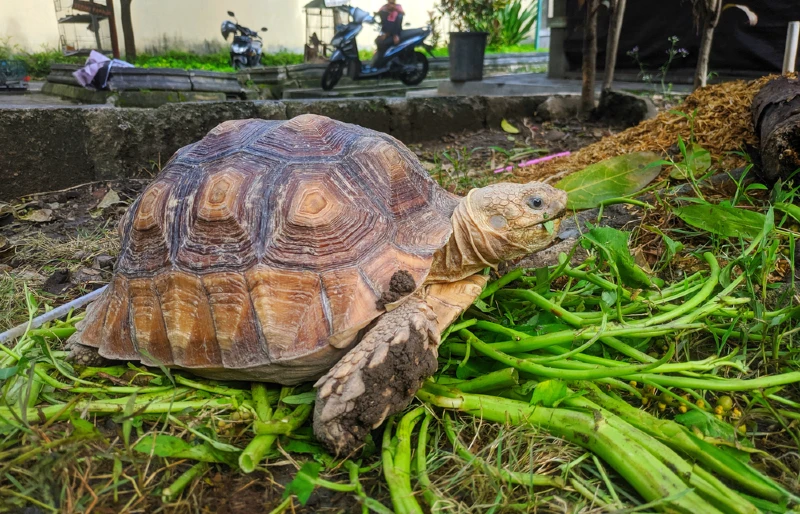
Feeding Spinach to Your Tortoise
If you are still interested in feeding spinach to your tortoise, there are a few things that you should be aware of. You should generally only feed your tortoise fresh, raw spinach. Cooked spinach has more oxalates than raw. Other forms, such as canned, are full of salt, and frozen spinach tends to be watery and wilted when thawed.
Just wash the leaves and pat them dry. Remove insects or leaves with rotting spots, and mix the good leaves with the other leafy veggies that you usually give your tortoise.
All that said, while spinach isn’t toxic and definitely has good stuff in it, some tortoise owners prefer not to risk it and just avoid it altogether.
Foods That Your Tortoise Should Avoid
Your tortoise should only be fed fresh vegetables and fruits that are not frozen or canned. Canned produce contains preservatives and additives that can be dangerous to your tortoise. They should also never be given processed foods like bread, crackers, and rice. Don’t give your tortoise any pet food for other species, such as cat or dog food.
- Daffodils
- Narcissus
- Crocus
- Hellebore
- Foxglove
- Rhododendrons
- Azaleas
- Tobacco plants
- Lupin
- Peonies
- Rhubarb
- Mistletoe
Frequently Asked Questions (FAQ)
How Often Should You Feed Your Tortoise?
This depends on the age. Hatchlings and young tortoises should be fed once a day at a minimum. Adult tortoises can also be fed every day, or you can skip one or two days every week. Their feeding schedule will depend on the species, age, health, what you’re feeding them, and even what season it is.
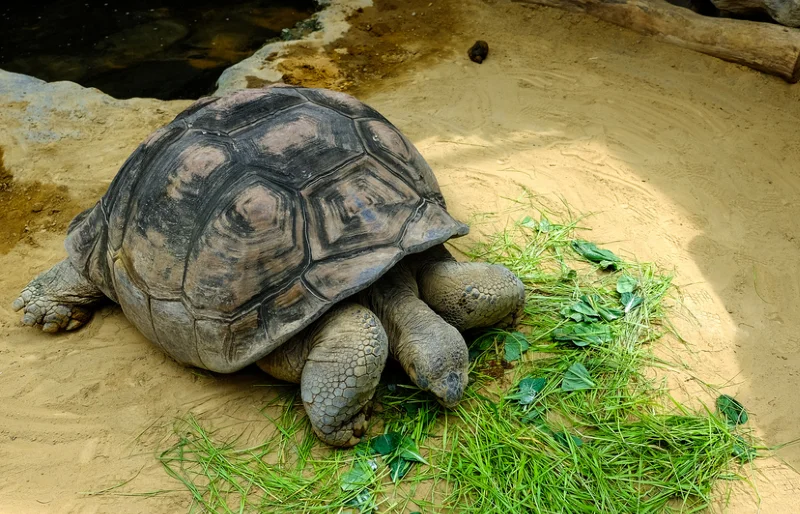
How Much Should You Feed Your Tortoise?
The general consensus is that you should provide your tortoise with an amount of food roughly the same size as their shell. Some tortoise owners will put out a selection of food for about 20 minutes and remove what’s left. Either way, you want to clear away uneaten food once they have finished eating.
What Is the Best Time of Day to Feed Your Tortoise?
You should feed your tortoise during the day and never at night. The tortoise’s body temperature is cooler at night, which can slow down their digestion and cause blockages.
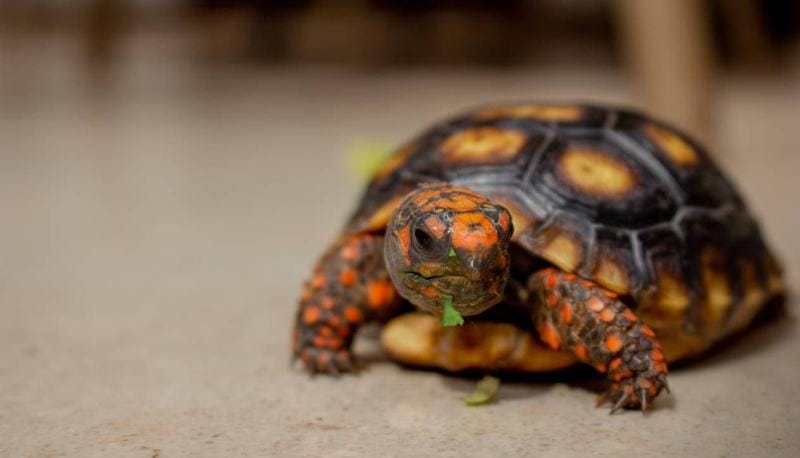
How Do You Know If Your Tortoise Is Eating Enough?
The only way that you can know if your tortoise is at a healthy weight is by regularly weighing them. A young tortoise should be gaining weight steadily, and an adult should maintain a constant weight.
Conclusion
Small amounts of spinach given to your tortoise are likely acceptable. But it’s important to remember that calcium is an essential nutrient to keep your tortoise healthy, and the oxalates in spinach can prevent them from absorbing enough of it. If you do choose to give spinach to your tortoise, only feed them fresh, raw spinach in small amounts every once in a while.
Speak to your veterinarian for their opinion on feeding spinach to your tortoise. Until then, as long as you feed them a balanced diet with leafy green vegetables, they will have the right nutrients without needing spinach added to the mix.
Featured Image Credit: Marcy Schrum, Shutterstock



